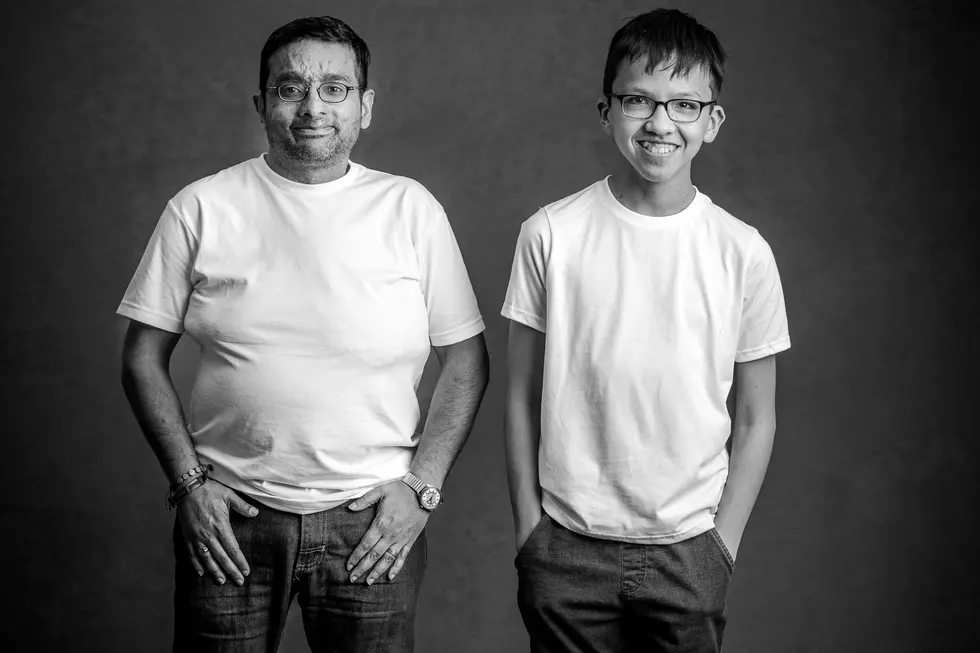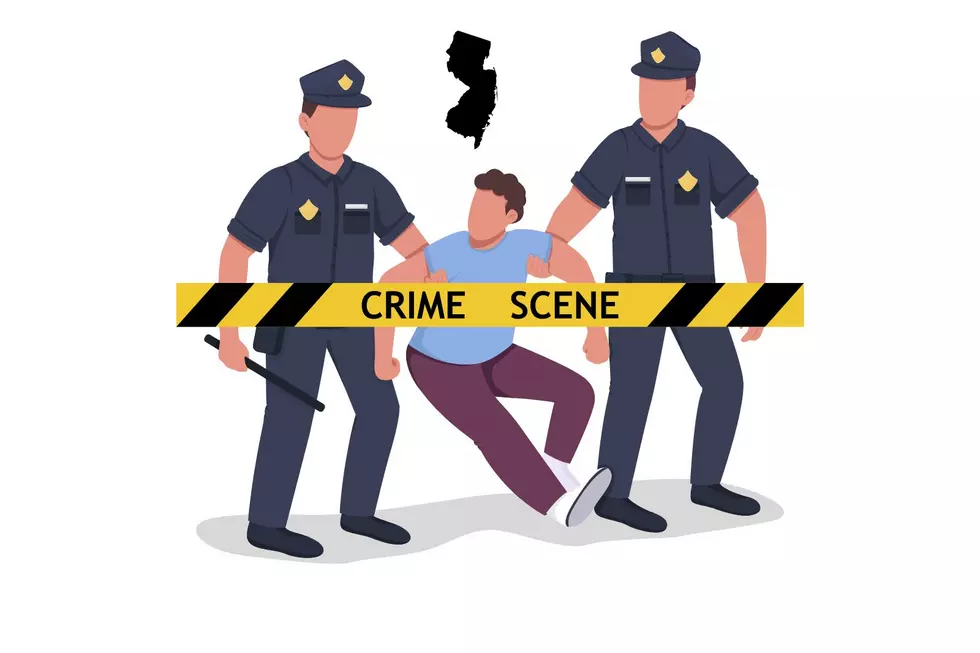
NJ resident hopes to raise visibility of his rare tumor condition
In 2015, after Morristown resident Alwyn Dias slipped and fell, he began to lose feeling in one of his legs. He quickly became unable to walk, and by the time he reached a specialist, he was in a wheelchair and practically paralyzed.
The specialist discovered an orange-sized tumor on the upper part of Dias' spine. But because Dias knew he had the disorder known as NF, he and the specialist had an idea of what needed to be done.
After surgery, one of more than a dozen Dias has had in his life, he had to re-learn how to walk.
But he is now doing that and much, much more, like continuing his work as an executive coach and professor.

Dias has the form of neurofibromatosis known as NF1. Between that and its other major variants, NF2 and Schwannomatosis, the condition affects 1 in 3,000 people.
For Dias, the ailment is characterized by nodules or tumors that grow on, or in, his body. Only in the last three years did the U.S. Food & Drug Administration approve a drug to treat NF, and patients must consult with their doctors for other experimental treatments outside of surgeries.
More aggressive forms of the disorder, like NF2, can further affect the spine, or a person's hearing.
Dias is now part of a campaign by the Children's Tumor Foundation to "Make NF Visible," in light of World NF Awareness Day, which is Monday.
"Having this condition, although it might be considered a rare disease, one doesn't have to go it alone," Dias said. "They can actually do it with a community and live their life, and not be identified with the condition, but living with the condition."
He has been living with it since the age of 4, when his parents noticed a marble-sized bump on his back, and then a doctor observed "cafe au lait" spots, like birthmarks, which can be an indicator.
But until Dias became aware of the existence of CTF, he did not have a support network. Without that, he said, NF sufferers can feel ostracized.
"You're really alienated," he said. "Nobody really understands what it is, and when they see it, they don't understand what to do, and then you become identified with this condition."
Now, Dias wants to work to educate people so that if they develop the condition — which can show up later in life, not just in childhood — they can be aware of how to treat it, and not have a "lonely experience."
He is also proud to celebrate the birth of his son, which happened in early March. Dias and his wife conceived through in vitro fertilization to ensure that his child would not run the 50% risk of carrying on the disease.
Children's Tumor Foundation is hosting a live, online event Monday night to mark World NF Awareness Day, and the show can be accessed here.
When Ocean and Monmouth County Police saved the day
More From 92.7 WOBM






